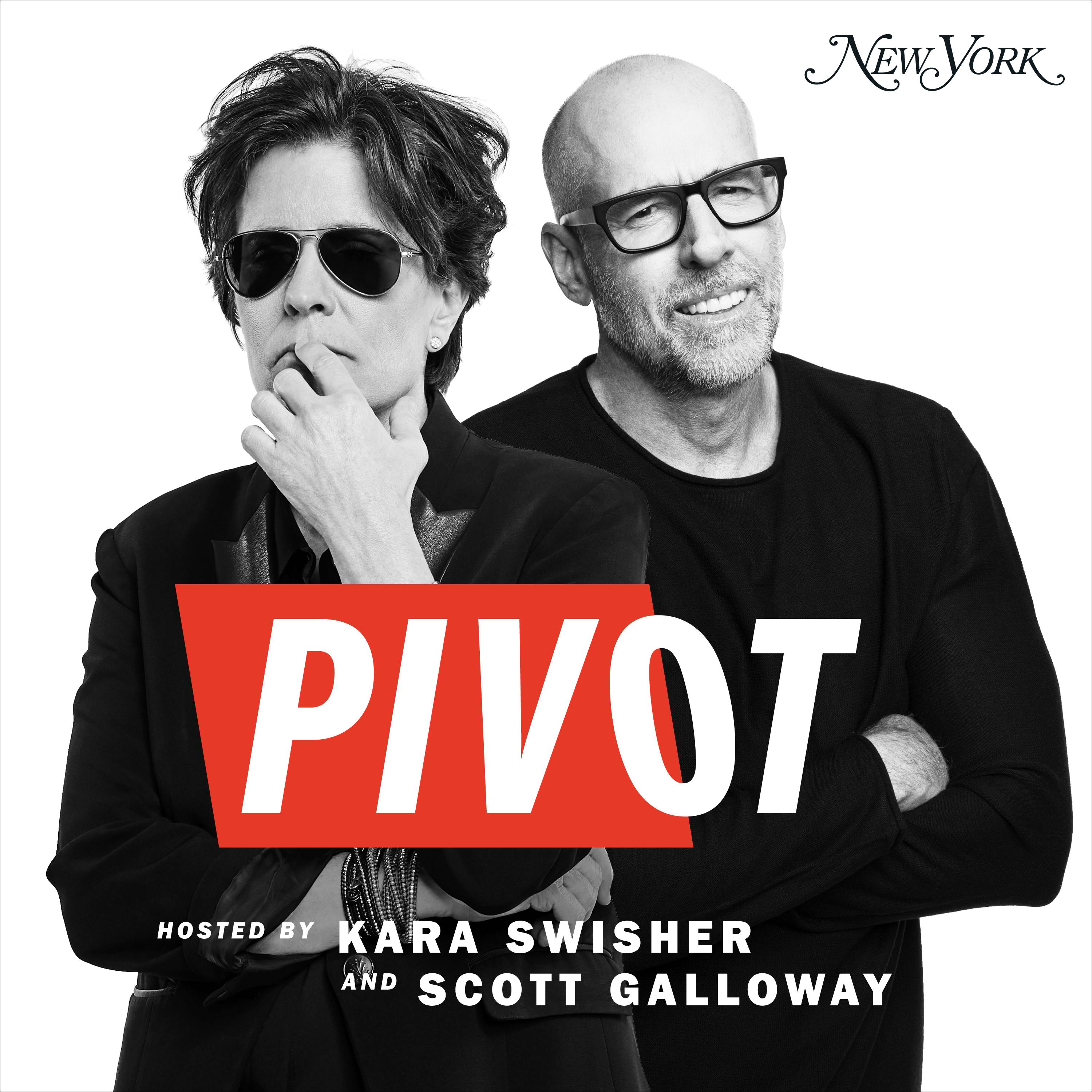PortalsOS
Related Posts
Vote to see vote counts
In the 1990s, massive spending on the dot-com build-out starved other sectors for capital. Now, the focus on AI and data centers might similarly impact other industries, raising the cost of capital and making it difficult for non-AI ventures to secure funding.

There's a huge problem with the venture industry: there's too much money. The industry invests $150 to $200 billion a year, but to make returns work, it needs to give back $700 to $800 billion a year.

The IPO market in 2025 is filled with unimpressive companies, with Fermi America exemplifying this trend by relying on hype rather than substance.
In my opinion, investing in venture is a return-free risk. More money doesn't create more great ideas or founders.

95% of companies aren't seeing the ROI from their AI investments. If they start scaling back, it could trigger a massive downturn.

The current investment environment is characterized by a mix of caution and FOMO, with some investors hesitant due to macroeconomic factors while others are driven by fear of missing out on high-growth opportunities.

BlackRock is buying up to 78 data centers in a $40 billion deal, coming in at three times the normal multiples. This is the best capital to deploy right now.
The AI bubble remains large but hasn't popped. Companies like OpenAI are selling a high-margin story while hoovering capital cheaply and investing in infrastructure, which may not depreciate as fast as expected.

The early internet boom was short-lived, lasting only about four years, with many business models being new or non-existent.

The market is rewarding AI investments, but there's skepticism about the long-term economic sense. The real question is whether these investments create long-term liabilities that hinder future profitability.